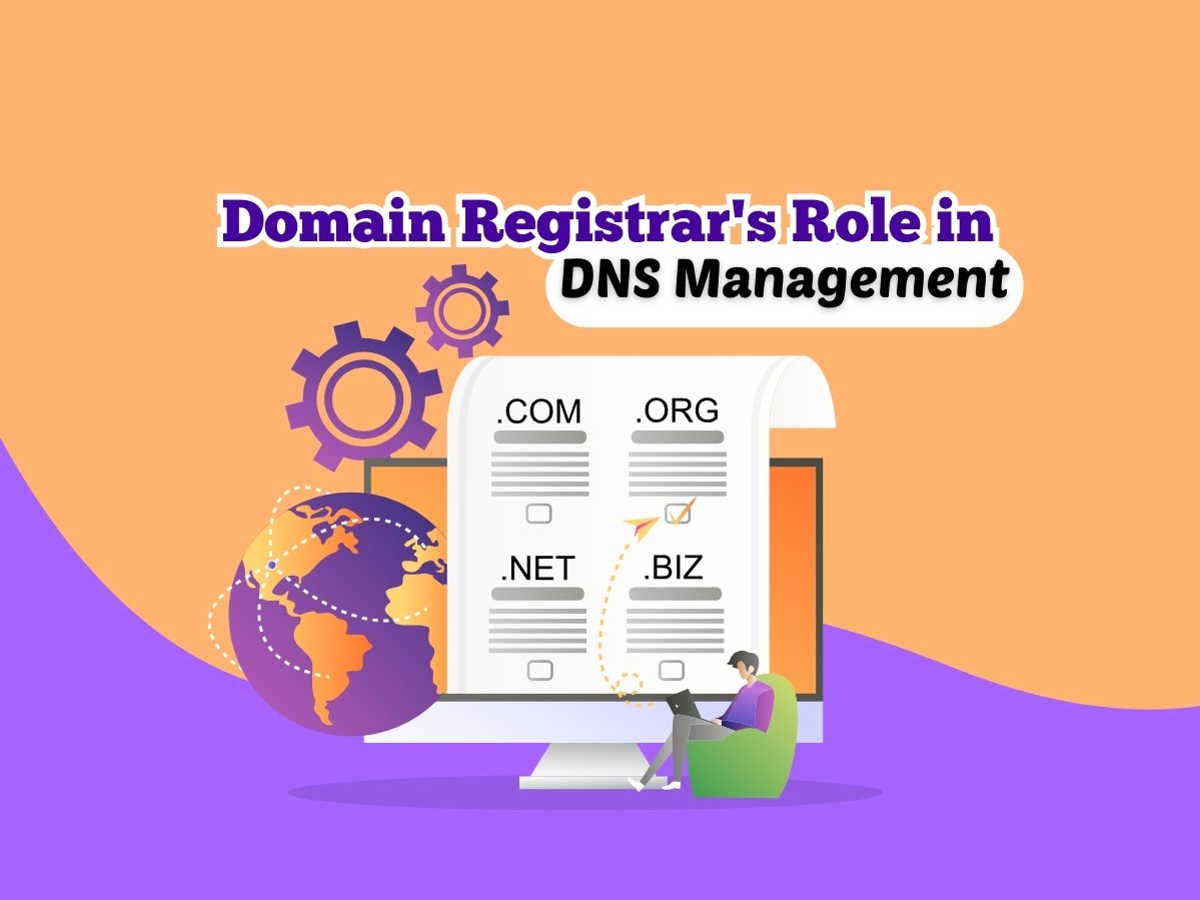
Role of Domain Registrars in Managing Domain Name System (DNS)
The expansive universe of the internet relies heavily on the Domain Name System (DNS). At the center of this complex yet essential system are domain registrars. They play an integral role in managing domain names, which serve as the human-friendly addresses guiding internet users to their desired websites. In this blog post, we delve into what domain registrars do and the vital part they play in managing the DNS.
Understanding Domain Names and the DNS
Before diving into the role of domain registrars, it is important to understand the components they manage –– domain names. A domain name is a unique address, such as `www.example.com`, that users type into a web browser to visit a website.
DNS, on the other hand, is like a massive telephone directory of the internet, translating these human-readable domain names into numeric IP addresses that computers understand.
What are Domain Registrars?
Domain registrars are organizations accredited by the Internet Corporation for Assigned Names and Numbers (ICANN) or a national country code top-level domain (ccTLD) authority. They are gatekeepers that manage the reservation of internet domain names.
In simpler terms, domain registrars are like real estate agents of the internet, helping you purchase and manage your unique corner of the online world.
The Role of Domain Registrars in DNS Management
1. Registering Domain Names
One of the primary responsibilities of domain registrars is registering domain names. When you buy a domain, your chosen registrar must check the availability of the domain name in a central registry database. If available, the registrar reserves the domain on your behalf.
2. Updating DNS Records
Domain registrars also serve as a platform for managing different DNS records for your domain. As the domain owner, you can update DNS records like A (address) records, CNAME (canonical name) records, TXT (text) records, and MX (mail exchange) records.
3. Renewals and Transfers
Domain registrations are not permanent; they need to be renewed periodically. Registrars send reminders about upcoming renewal dates to prevent inadvertent loss of domains. Moreover, domain registrars handle domain transfers if the owner decides to shift to a different registrar.
4. Offering Additional Services
While not part of their core DNS responsibilities, many domain registrars offer related services such as web hosting, SSL certificates, email hosting, and private domain registration.
Importance of Domain Registrars in DNS
Domain registrars play a vital role in the running of the DNS:
Ownership Records: They maintain a record of who owns which domain and for how long, ensuring ownership and rights are clearly established.
Domain Availability: By regularly synchronising with central domain registries, domain registrars guarantee that each domain name is unique.
Access to DNS Records: They provide domain owners with intuitive interfaces to manage their DNS records. Making it easier for non-technical individuals to manage their online presence.
Security: Domain registrars help protect domain names from unauthorized transfers. Or changes by implementing security measures like two-factor authentication and domain transfer locks.
Conclusion
Domain registrars play an indispensable role in the behind-the-scenes orchestration of the internet’s colossal naming system, the DNS. They help ensure that every domain name is unique. Manage domain name reservations and transfers, and allow you to manage associated DNS records. Without domain registrars, the smooth operation of the Domain Name System. We appreciate today would not be achievable—making them critical players in the internet ecosystem.







